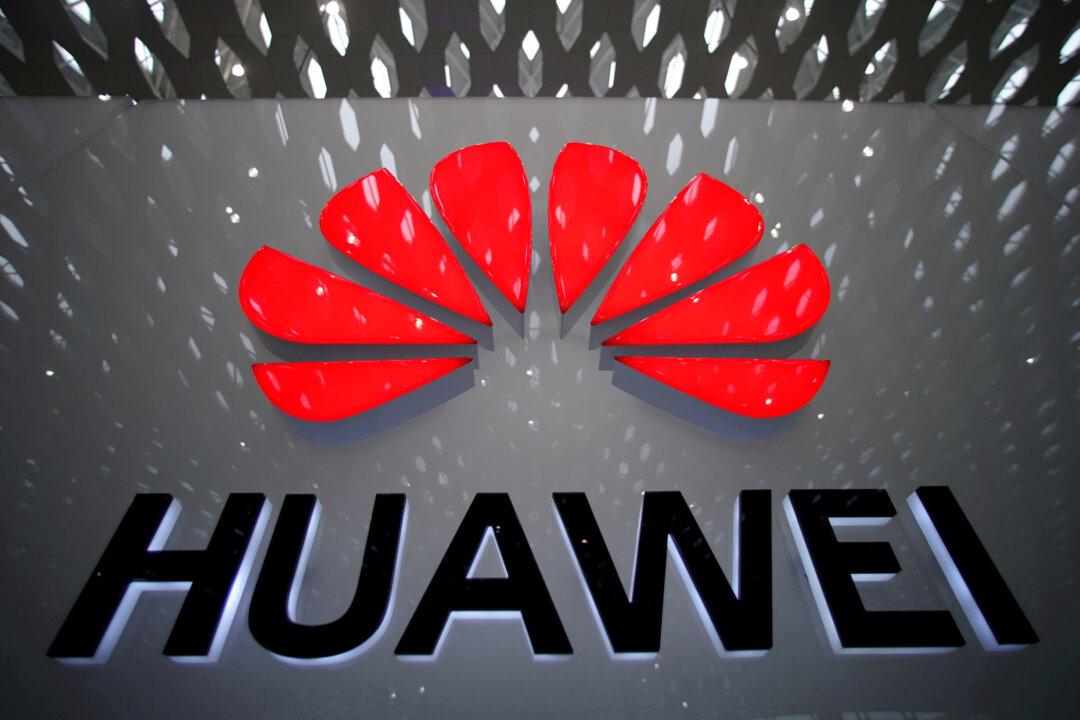WASHINGTON—The Trump administration considered banning China’s Huawei from the U.S. financial system earlier this year as part of a host of policy options to thwart the blacklisted telecoms equipment giant, according to three people familiar with the matter.
The plan, which was ultimately shelved, called for placing Huawei Technologies, the world’s second largest smartphone producer, on the Treasury Department’s Specially Designated Nationals (SDN) list.





